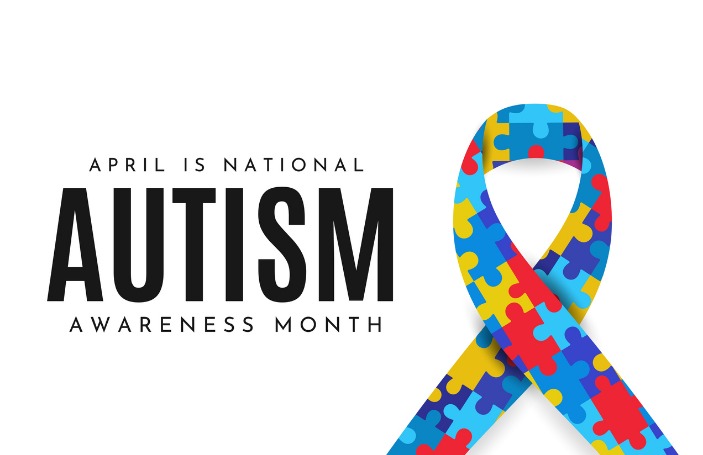The Power of Music for Special Needs
Music is a universal language that transcends barriers and fosters communication and emotional expression. For children with special needs, engaging in music lessons can provide a wealth of benefits, including improved cognitive function, emotional regulation, and social skills. Whether your child has autism, ADHD, or another condition, specialized music lessons can cater to their unique needs and interests.
Why Choose Special Needs Music Lessons?
Specialized music instruction offers numerous advantages, including:
- Tailored Learning: Lessons are customized to suit the child’s abilities and preferences.
- Therapeutic Benefits: Music can serve as a form of therapy, helping children manage their emotions and behaviors.
- Enhanced Communication: Music provides an alternative means of expression for non-verbal children.
- Engagement: Captures and maintains interest, making learning enjoyable.
Finding the Right Instructor
It’s crucial to find instructors who are experienced in teaching special needs music lessons. Look for qualifications such as:
- Experience with special needs education
- Understanding of various conditions like autism
- Patience and adaptability
- Musical expertise and passion
Music Lessons for Children with Autism
Music lessons for autistic children offer unique opportunities for growth and development. Teachers employ strategies like repetition and positive reinforcement to help these children grasp musical concepts. The sensory-friendly environment ensures that the child remains comfortable and engaged.
Local Options for Music Lessons
If you are searching for music lessons for autistic child near me or piano lessons for autistic child near me, it’s essential to choose programs that prioritize individualized learning plans. Specialized programs often feature:
- One-on-one instruction
- Accommodations for sensory sensitivities
- Engagement through personalized musical activities
Frequently Asked Questions
What age is appropriate for starting music lessons for special needs children?
There’s no one-size-fits-all answer. Most experts recommend starting as early as possible, typically around ages 4 to 6, but even teenagers and adults can benefit from specialized music lessons.
How do I know if a music teacher is qualified?
Look for qualifications such as degrees in music education, certifications in special needs education, and experience in working with children with similar conditions as your child.
What instruments are best for children with autism?
This varies based on the child’s interests and abilities. The piano is often recommended due to its visual layout and immediate auditory feedback. Other good options include drums for rhythm and sensory engagement or string instruments for fine motor skills development.
In conclusion, pursuing specialized music lessons for special needs near me can significantly enrich the lives of children with special needs. Investing in these tailored forms of musical education provides developmental benefits that extend beyond the classroom and into everyday life.





